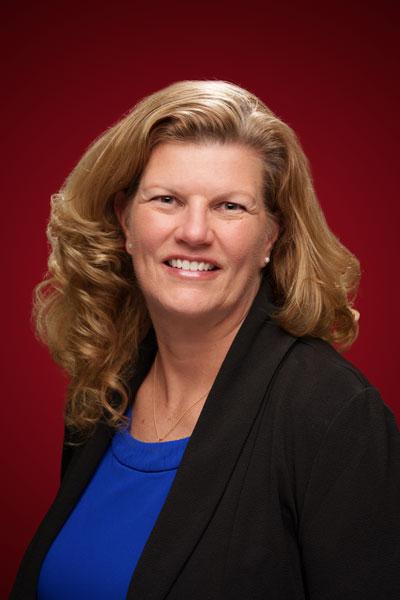A Community College of Aurora instructor in the business department believes students are geniuses and that a good teacher can unleash this genius in their classrooms.
“Taking risks and becoming experts in the classroom is a daunting task for many students, but we can offer them the challenge of becoming geniuses by recognizing that they all bring critical knowledge, histories, and experiences to the learning environment,” wrote CCA’s Dr. Julie Stewart in her article “Our Students are Geniuses: Helping Them Believe It, Too” published by The National Institute for Staff and Organizational Development (NISOD). “Risk-taking, empowerment, and asking questions are the skills of great leaders, and teaching those skills in the classroom helps students gain confidence in the workplace as leaders.”

Workforce Development
Dr. Stewart, who started at CCA in 2018 as an adjunct professor, said that she’s passionate about students’ success and helping them understand content in their own way. At the time, she was still working in the industry while teaching one or two classes. Statistics, health sciences and communications are some of the classes she has taught at CCA.
Having also worked in corporate training, Dr. Stewart found that she really loved education and sharing her experiences in the industry with her students.
“Students have so much to offer everyone in the classroom,” Dr. Stewart said. “Everyone benefits from the learning and the knowledge they bring.”
NISOD is an organization that focuses on faculty-focused programs and resources for community colleges. The organization hosts an annual event at the University of Texas that Dr. Stewart attended this year.
Moving forward, Dr. Stewart is working at CCA in a new capacity. She was recently tapped to serve as the Special Assistant of Workforce Development reporting to the VP of Academic Success. Within her new role, she will continue to interact at the intersection of education and career planning. She is working on building out 4 pathways within the workforce sphere focused on creating externships, increasing stackable credentials, corporate training, and developing a workforce center for CCA students. She said one of her focuses in this new role is to create a pipeline from education to apprenticeships and other programs for students to gain more work experience.
For Dr. Stewart, her new role is a chance to help transform the future of higher education for an ever-diversifying student population in an interconnected world.
“Student demographics are changing and we have to keep up with student’s needs and businesses’ needs,” she said. “We need different timelines of delivery. We need to shift how we deliver our products and services.”
One potential change Dr. Stewart sees is more classes in a shorter amount of time. Rather than taking one class for 16 weeks, Dr. Stewart sees students choosing two classes over 8 weeks. Other changes may include training students to be career-ready faster and providing more remote access to classes.
“Education has to recognize that it has to be agile,” Dr. Stewart said.
